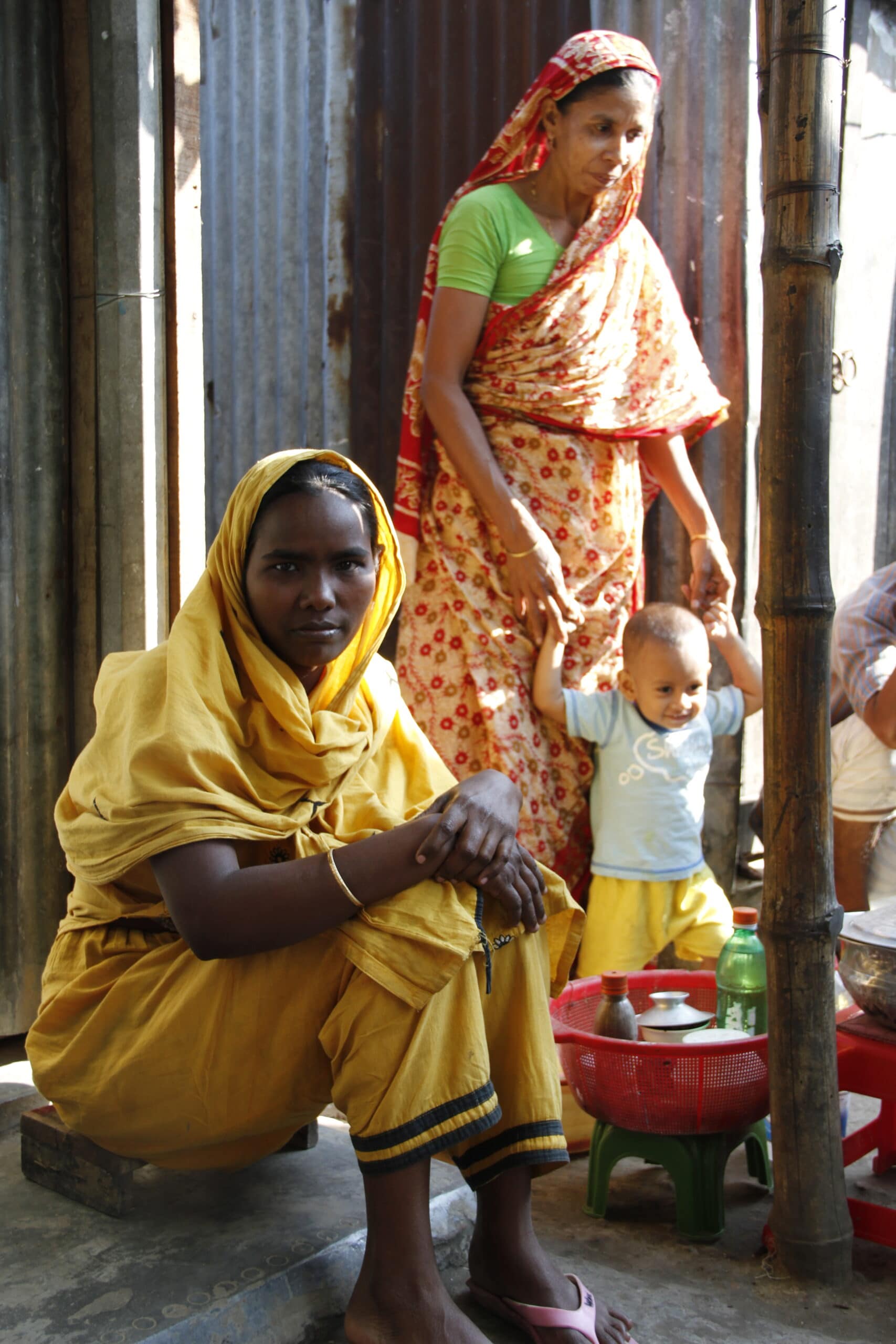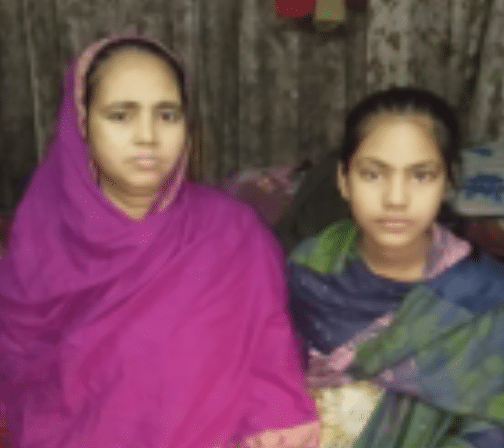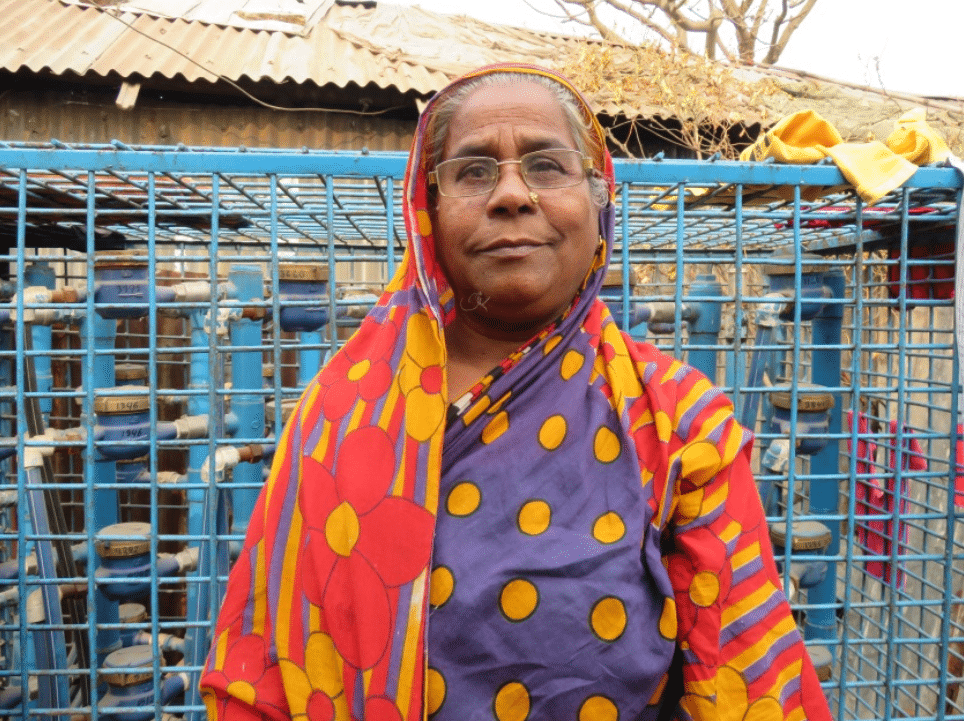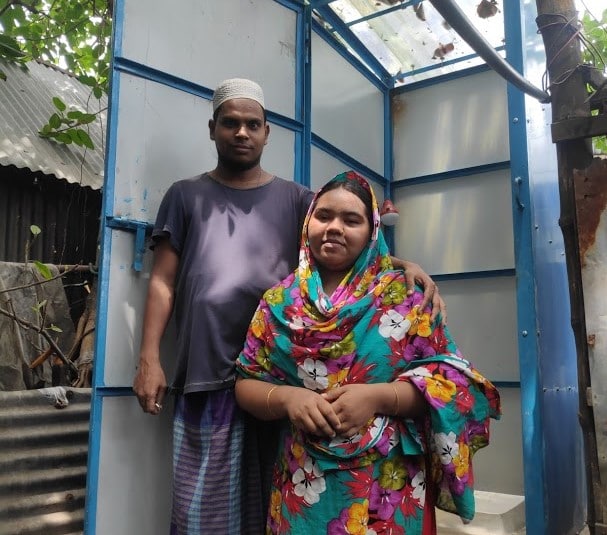In Bangladesh, Eau et Vie provides safe water directly to the home of over 2,442 families.
The organisation’s hygiene awareness activities also reach approximately 12,244 inhabitants in 2022.
The installation of sanitary blocks and latrines, service benefits 660 users.
This legal and individual water access alleviates stress on them and eases tensions between dwellers. Women can also save precious time to dedicate to other activities, whether than water-fetching. In-home water access and the change in hygiene habits improved the inhabitants’ health conditions. In Bhashantek, the beneficiary households have reduced by 3 their monthly health expenses, work absences were divided by 6 and a general decrease in diseases (e.g. division by 3 of stomach-aches cases) was noted according to an intermediate impact study (2016). The families’ water consumption rate almost doubled reaching 53.2L/pers/day (against 27.8L), which is superior to the minimum 50L to have a decent life (WHO), and 95% of the households confirmed enjoying good health.
On the other hand, the water operators, CWASA and DWASA, have also benefited from the extension and securing of their networks, while the local authorities have witnessed a decrease in pollution in the neighbourhood, which is cleaner and where social cohesion is improved.
DONATE